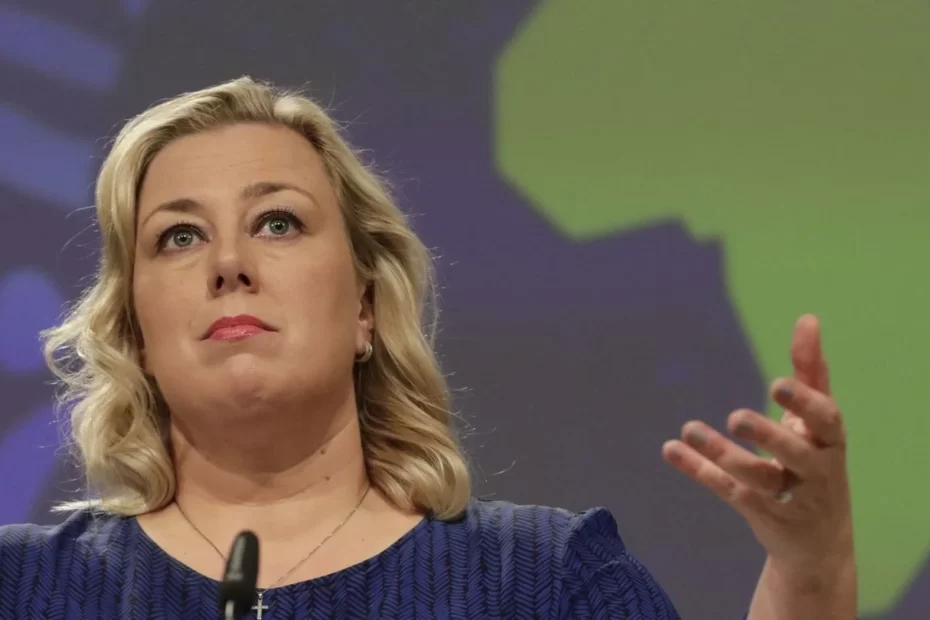The European Union – EU has announced plans to invest 150 billion euros in a four-year initiative to enhance African infrastructure through its Global Gateway program.
This funding aims to boost development and connectivity in several African countries, fostering economic growth and cooperation.
EU Commissioner for International Partnerships, Jutta Urpilainen, announced this commitment during the Global Gateway initiative’s launch in Abuja.
Urpilainen said the Global Gateway program seeks to enhance connectivity, foster sustainable development, and bolster economic relations between the EU and its partner nations.
“This program will promote sustainable development and environmental protection.
“It will also foster cooperation and partnerships with Nigeria and other partner countries,” Urpilainen stated.
In her address, she elaborated that the world is witnessing growing fragmentation, citing recent events as reminders.
She pointed out the Russia – Ukraine conflict in the past year, the military takeover in Niger in July, and the escalation in the Israel-Palestine war.
According to Urpilainen, these instances serve as clear indicators of the increasing divisions within the global landscape.
EU Focus on Building Resilient Connections and Fostering Sustainability
“In such a world, the Global Gateway strategy is our positive offer to build resilient connections in the world.
“We can achieve this through strategic partnerships to jointly address the challenges of our times from fighting climate change to improving health systems,” she added.
She provided further details about the practical objectives of the UN’s program and outlined the initiative’s timeline.
“Together, we intend to mobilize 300 billion Euros in investments by the year 2027, and half of them for Africa.
“it is 150 billion Euros by the year 2027; Nigeria features prominently in the Global Gateway investment package,” the EU Commissioner remarked.
Also Read: US, EU Joint Initiative in Empowering Angola, Zambia, and DR Congo
Urpilainen emphasized the EU’s commitment to supporting Nigeria’s digital economy, including 5G development.
Additionally, they’re exploring a loan for SMEs in digital and print sectors.
She also highlighted the EU’s financial support for the energy industry, particularly the creation of mini-grids and small hydropower plants for various applications.

